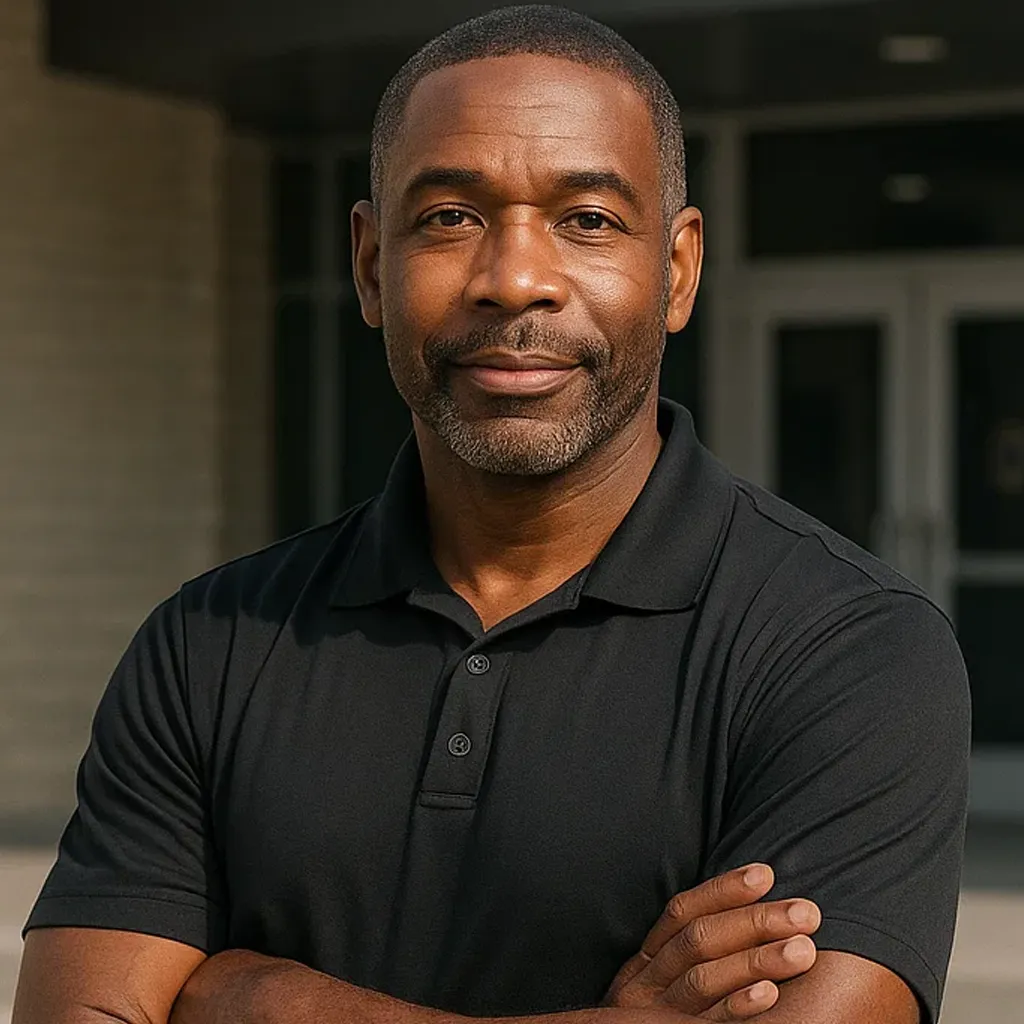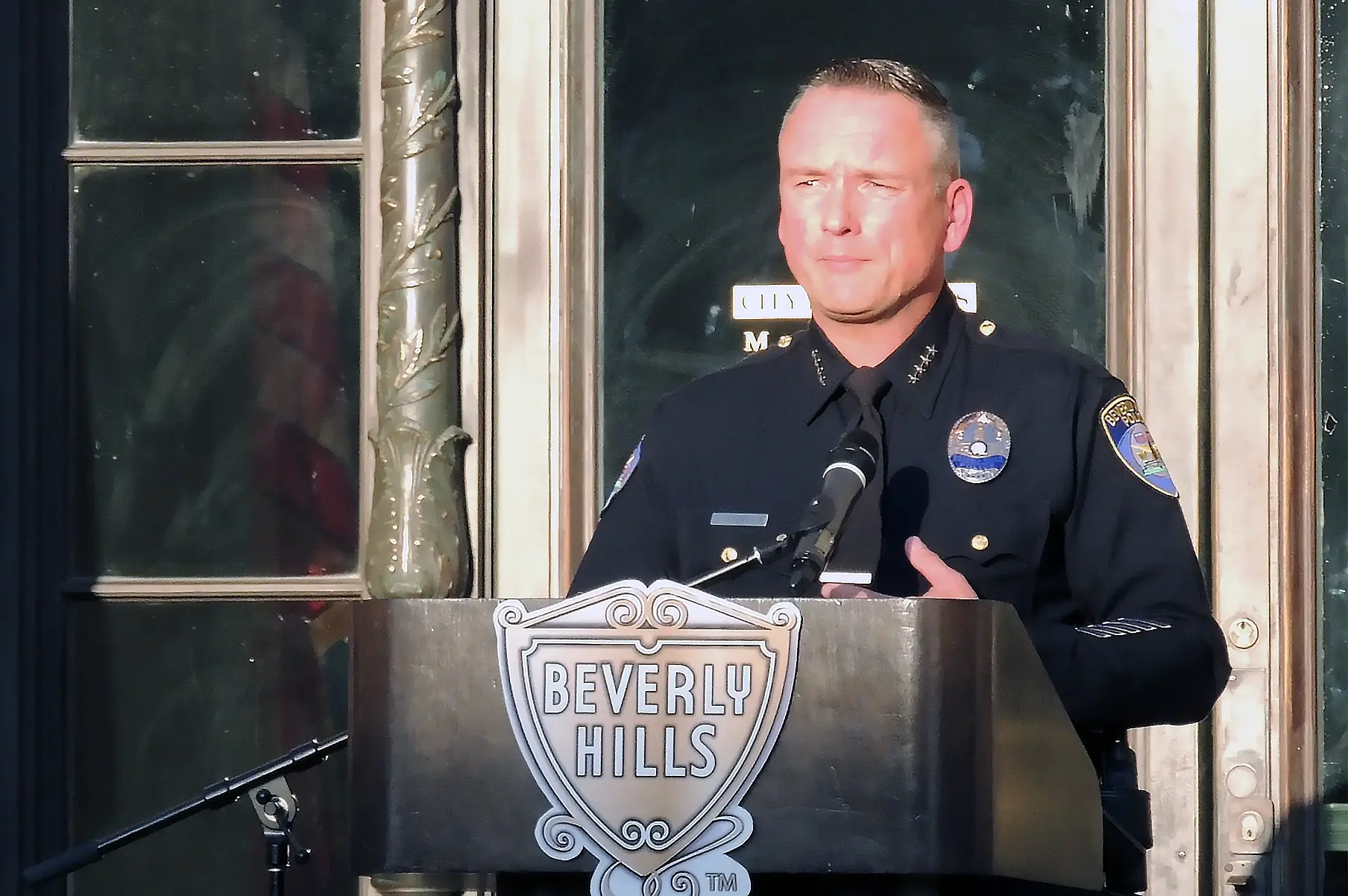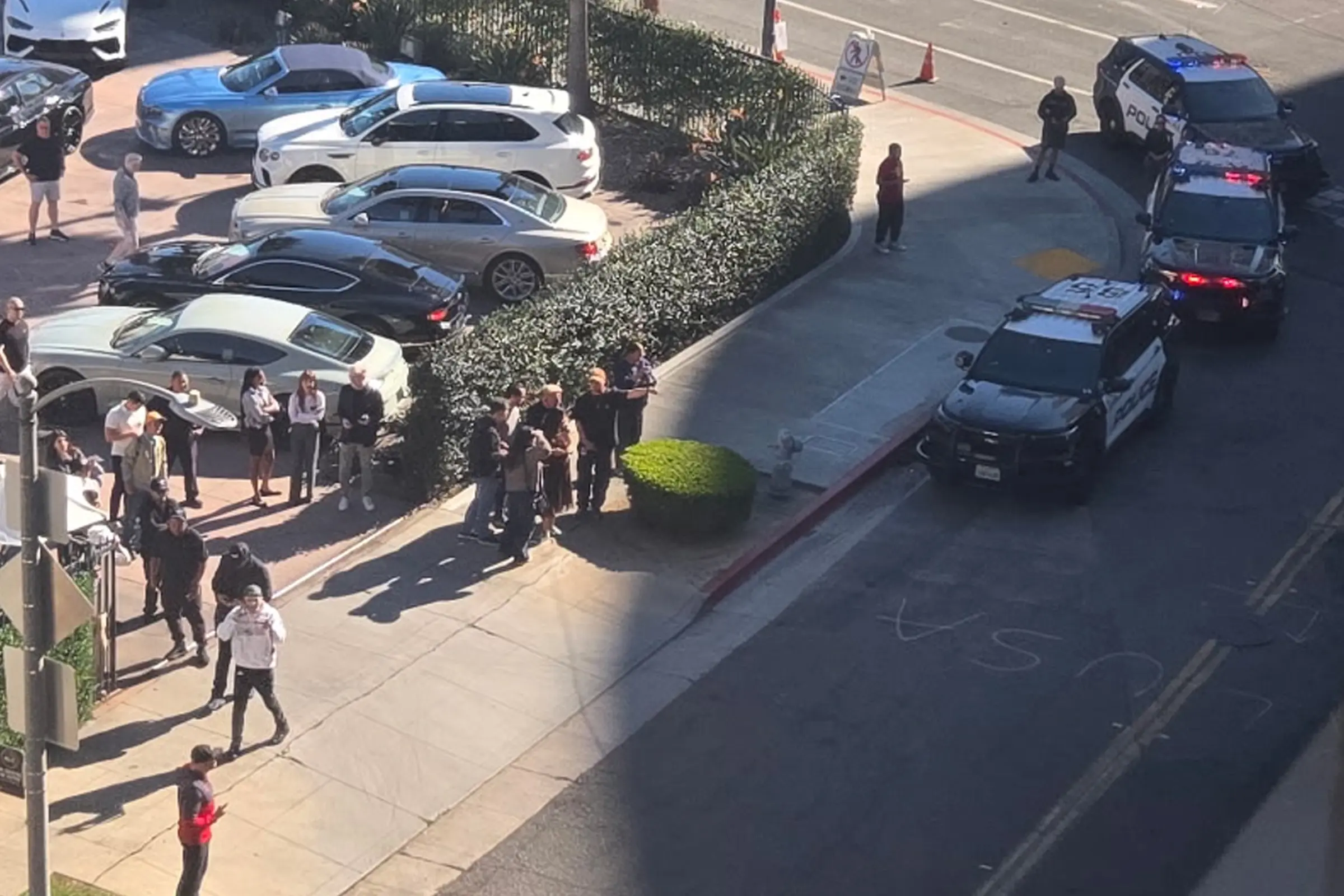Chief Mark Stainbrook Accused of Retaliation From Police Union
 Ray Thompson
July 28, 2025
Ray Thompson
July 28, 2025

Beverly Hills police officers have raised serious concerns, and their union president now faces alleged retaliation from the chief himself. With a troubled history of leadership at the top, the city owes its police force more than silence and damage control.
In a city where policing should be a shared responsibility rooted in mutual respect, the allegations raise serious doubts about Stainbrook’s ability to lead. When personnel feel chilled from free expression, the result is distrust. The union alleges the chief interfered with protected labor activity and defamed its president. Those are not minor procedural errors; they are threats to the department’s morale.
This is not the first time Beverly Hills leaders have appointed a chief with problematic deep‑seated leadership issues. Chief Sandra Spagnoli, heralded as the first female police chief in city history, oversaw what would become a costly legacy. Over a two‑year span, the city settled lawsuit after lawsuit accusing her of racial animus, homophobia, and favoritism toward officers with whom she allegedly had inappropriate relations. The city paid more than $2.3 million in one case alone, and ultimately faced at least two dozen claims costing to the tune of nearly $8 million.
Before Spagnoli, Chief David Snowden stepped down under a cloud of scrutiny. He came under fire for drawing a second salary from private work, and his department mishandled a high‑profile wrongful detention case involving a Black television producer. That rocked public trust and showed an agency not attentive to fairness or officer accountability.
In each case, leadership changes came only after scandal, settled lawsuits, and community pressure. The recurring pattern suggests that appointments are made without proper vetting—and officers deserve better. Competent officers—who risk their lives, serve the community, and expect fair treatment—are undermined when chiefs behave as if their loyalty lies elsewhere.
The union’s letter says they are ready to pursue every legal avenue if the conduct continues. That is not mere talk. When a chief wastes energy attacking his own officers, there is little stamina left for real reform: improving communication, recruitment, or working with City Council to address citizen concerns.
Chief Stainbrook and the city must not go down the same path others have before. A serious leader would pause, listen to legitimate concerns, and restore lines of trust and accountability. If the allegations prove true, the city must act—not cover them up. Officers deserve leadership with integrity. Public trust demands it.






Join the Conversation
Comments are available exclusively for registered subscribers. Sign up to read comments and share your thoughts on this article.
Get access to exclusive content, breaking news, and community discussions.